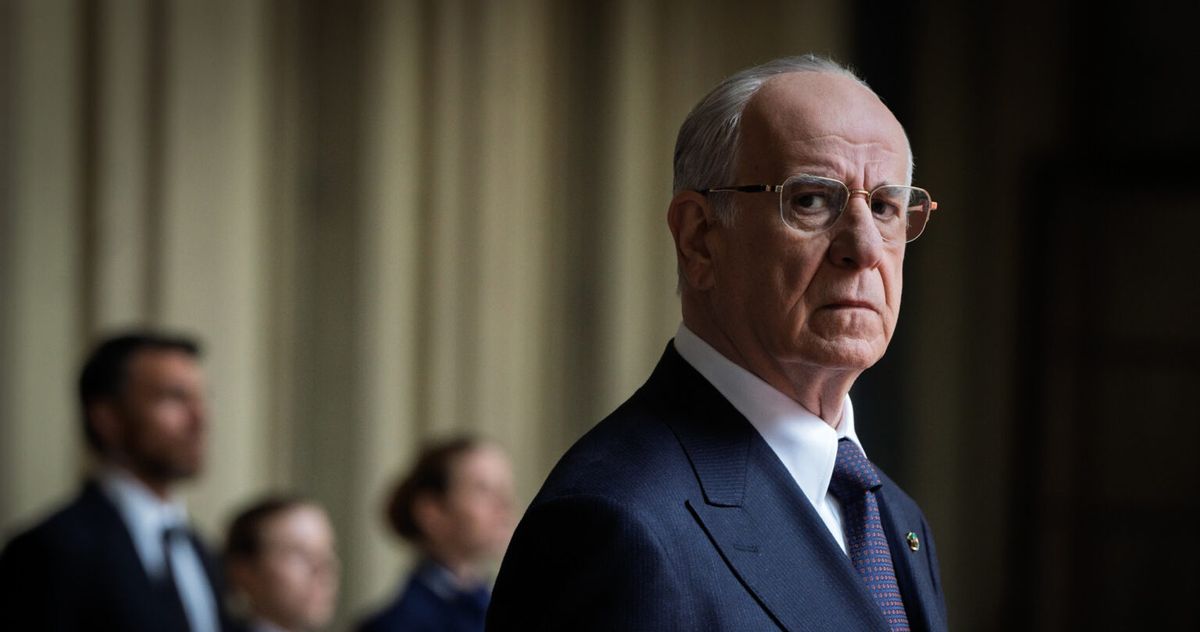
"And even as his work has become more personal over the past few years (his two most recent films, the autobiographical Hand of God and the highly metaphorical Parthenope, are odes to his hometown of Naples), Sorrentino hasn't lost his fondness for the surreal, the garish, the epic, the scandalous, or the big colorful sequences pulsing with music and symbolism."
"Sorrentino has told stories about Italian leaders before - scathing ones, like Il Divo and Loro, loosely historical condemnations of prime ministers Giulio Andreotti and Silvio Berlusconi. This time, the leader, President Mariano De Santis (played by the great Toni Servillo, Sorrentino's regular collaborator for many years), is entirely fictional, and he's miles away from the corrupt and driven real-world monsters of those previous films."
Paolo Sorrentino evolved from subtle portrayals of repressed characters to flamboyant, Felliniesque spectacles blending the grotesque with the beautiful. Early films such as One Man Up and Consequences of Love focused on people trapped in static lives longing to be elsewhere. After The Great Beauty, his films grew lush, surreal, and operatic, while recent works returned to personal themes connected to Naples. La Grazia marks a surprising shift toward restraint and introspection. The film centers on President Mariano De Santis, a moderate jurist racked with indecision in his final months as he weighs a euthanasia bill supported by his daughter Dorotea.
Read at Vulture
Unable to calculate read time
Collection
[
|
...
]